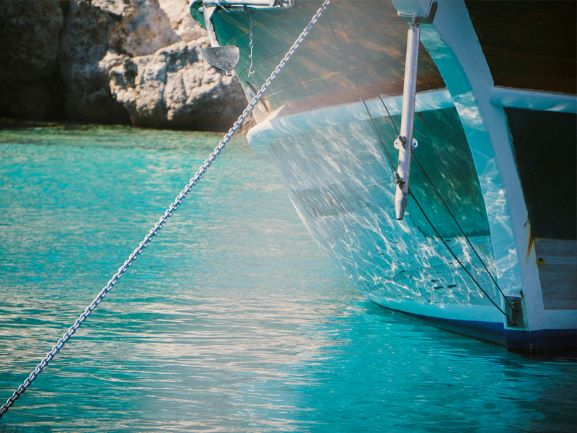Jakarta: A sustainable ocean economy will be critical to Indonesia in achieving resilient coastal livelihoods, a healthy marine environment, and a thriving national economy, according to Oceans for Prosperity: Reforms for a Blue Economy in Indonesia, a report released today by the World Bank.
Oceans are already central to Indonesia’s prosperity, with a fishery sector worth around US$27 billion, supporting 7 million jobs, and providing over 50 percent of the country's animal-based protein needs.
But there are challenges to Indonesia's marine and coastal ecosystems that, if not managed, could undermine the potential of the country's ocean economy.
About 38 percent of the nation’s marine capture fisheries are overfished, around one-third of Indonesia’s valuable coral reefs are in poor condition, important coastal ecosystems such as mangroves show substantial losses, and marine debris costs the economy over US$450 million per year.
Some popular marine and coastal tourism destinations are showing the effects of overcrowding and inadequate basic infrastructure.
To support the government’s strategy and actions, the report provides several recommendations.
For sustainable and productive fisheries, the government could implement the national fishery management area system and strengthen the country’s growing expanse of marine parks areas, potentially with the support of a national endowment fund and partnerships with the private sector.
Moreover, extending the primary forest conversion moratorium to all mangrove ecosystems would help prevent mangrove destruction and complement the government's existing restoration goals.
The report also recommends steps to reduce marine plastics debris, including putting minimum recycled content requirements in select products and extending bans to products that can be replaced.
To inform national investment and policy decision and for Indonesia to benefit from blue finance opportunities, the government is recommended to build on efforts to improve data and measurement of ecosystem services such as carbon storage, biodiversity habitat, and storm surge protection.
"Globally, reforms that promote a sustainable ocean economy have been proven to harness the ocean’s economic potential while addressing climate change, food security needs, and biodiversity," said Satu Kahkonen, World Bank Country Director for Indonesia and Timor-Leste, in a press release on Thursday.
"Continued investments in skills, institutions, infrastructure, and services will help Indonesia sustainably and fully benefit from its ocean resources. Additionally, in the aftermath of the covid-19 pandemic, coastal and marine conservation and restoration activities can help provide short-term jobs while strengthening long-term resilience," the World Bank official stated.
For the country to strengthen its blue economy strategy and fully realize the potential of the oceans, inter-sectoral coordination could be furthered through a high-level Sustainable Oceans Platform.
With this approach, government agencies and non-government actors are invited to take part in coordination of policy planning and implementation, progress monitoring, and exchange of knowledge and best practices across oceans sectors.
Cek Berita dan Artikel yang lain di Google News
FOLLOW US
Ikuti media sosial medcom.id dan dapatkan berbagai keuntungan



















